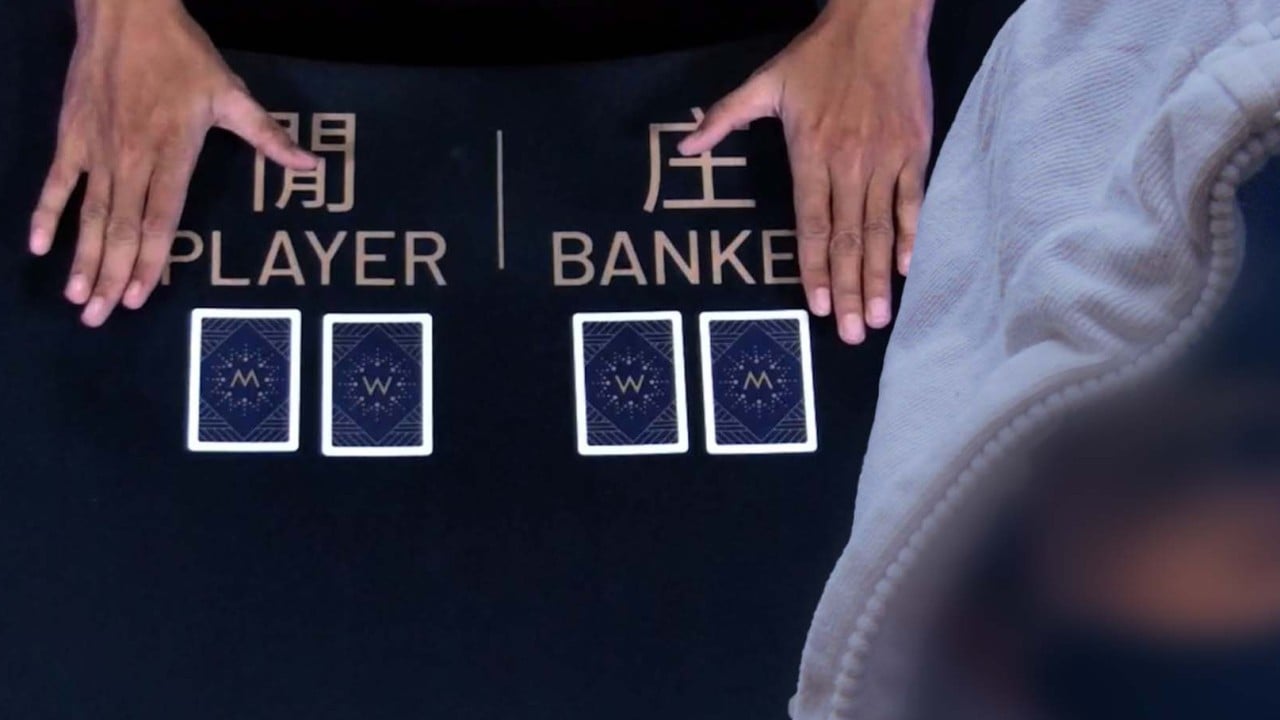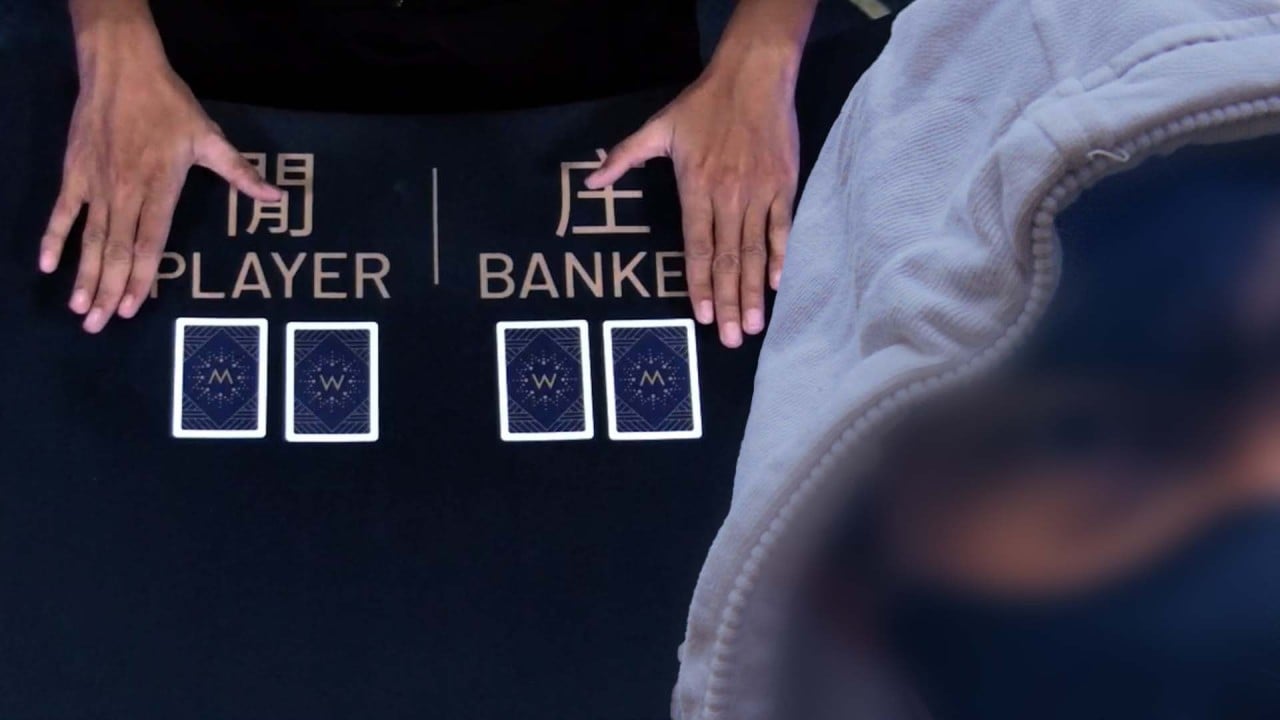Casinos in Singapore will soon face tighter rules on conducting due diligence checks when receiving cash, as part of updated measures to counter terrorism financing.
Due diligence checks will have to be carried out when casinos receive a cash deposit of S$4,000 (US$2,950) or more into a customer’s account – down from the current threshold of S$5,000.
This is the first revision to the threshold. It would be implemented this year, although authorities did not state when exactly the new requirements would kick in.
“The adjustment is made so that Singapore casinos can better combat money laundering and terrorism financing and align our requirements with FATF standards,” the Gambling Regulatory Authority (GRA) said on Monday.
FATF, the Financial Action Task Force, is a global money laundering and terrorism financing watchdog.
In December 2023, Resorts World Sentosa was fined S$2.25 million for failing to do such checks, the biggest penalty imposed by GRA on a casino operator.
The new threshold for due diligence checks was among the measures laid out in Singapore’s updated National Strategy for Countering the Financing of Terrorism, jointly published on Monday by the Ministry of Home Affairs (MHA), the Ministry of Finance (MOF) and the Monetary Authority of Singapore (MAS).

The updated report was published along with the Terrorism Financing National Risk Assessment.
A recent report – the Money Laundering National Risk Assessment – stated that the lowering of the threshold would align with the standards of FATF.
The authorities said that Singapore’s openness as an international financial, business and transport hub may be exploited for the purposes of financing terrorism activities.
As the global terrorism landscape evolves, so will Singapore’s terrorism financing risks, hence the refreshed assessment and strategy, said MHA, MOF and MAS.
“Singapore has developed and implemented a systematic and comprehensive whole-of-government approach to identify, monitor, and mitigate terrorism financing risks,” the authorities said.
The security, intelligence [including financial intelligence], law enforcement, supervisory, and regulatory agencies constantly scan for existing and emerging terrorism financing risks, informed by previous cases, international reports and feedback from foreign counterparts on risks.
The authorities said that they also actively engage and cooperate with the private sector and academia to enhance their understanding of such risks.
In its assessment, Singapore has identified its key terrorism financing threats: From terrorist groups such as ISIS, al-Qaeda and Jemaah Islamiah, as well as potential spillovers from the ongoing Israel-Gaza war and tensions in the Middle East. Self-radicalised individuals who are sympathetic towards the cause of terrorist groups, in particular ISIS, are also a threat.
“Far-right extremism is also a growing security concern in many countries,” the authorities observed.
“While it has not gained significant traction in Southeast Asia, we cannot rule out that its anti-Islam and anti-immigration rhetoric may resonate with some individuals.”
The authorities said that the updated Terrorism Financing National Risk Assessment has taken into account key developments since its last incarnation in 2020. These include the evolving global and regional terrorism landscape, growth of the digital economy and financial services in Asia, and emerging terrorism financing risk typologies.
As in the previous edition, the 2024 risk assessment observed that raising and moving funds for terrorists and terrorism activities overseas remains pertinent in Singapore’s context.
Self-radicalised individuals continue to pose the most salient terrorism financing threat to Singapore, the authorities said.
The key terrorism financing risk areas in 2024 are largely similar to those identified four years ago:
Money remittances are classified as high risk, with cross-border online payments identified as a potential new channel for terrorism financing activities.
Banks are at medium-high risk, with new cross-border fast payment systems identified as a potential new channel for terrorism financing activities.
Digital payment token service providers have been elevated from medium-low to medium-high risk.
Non-profit organisations remain at medium-low risk, with foreign online crowdfunding identified as an emerging terrorism financing typology of concern.
Cross border cash movements remain at medium-low risk.
Precious stones, precious metals, and precious products also stay at medium-low risk.
The latest report supports the objectives of the National Strategy for Countering the Financing of Terrorism, launched in 2022, which comprises actions to prevent, detect, investigate and enforce aspects of terrorism financing.
Singapore will continue to partner industry players to implement strategies and measures to tackle terrorism financing threats, said the authorities.
They will also seek close collaboration with foreign counterparts, international organisations, and standard-setting bodies such as the FATF.
This story was first published by CNA



